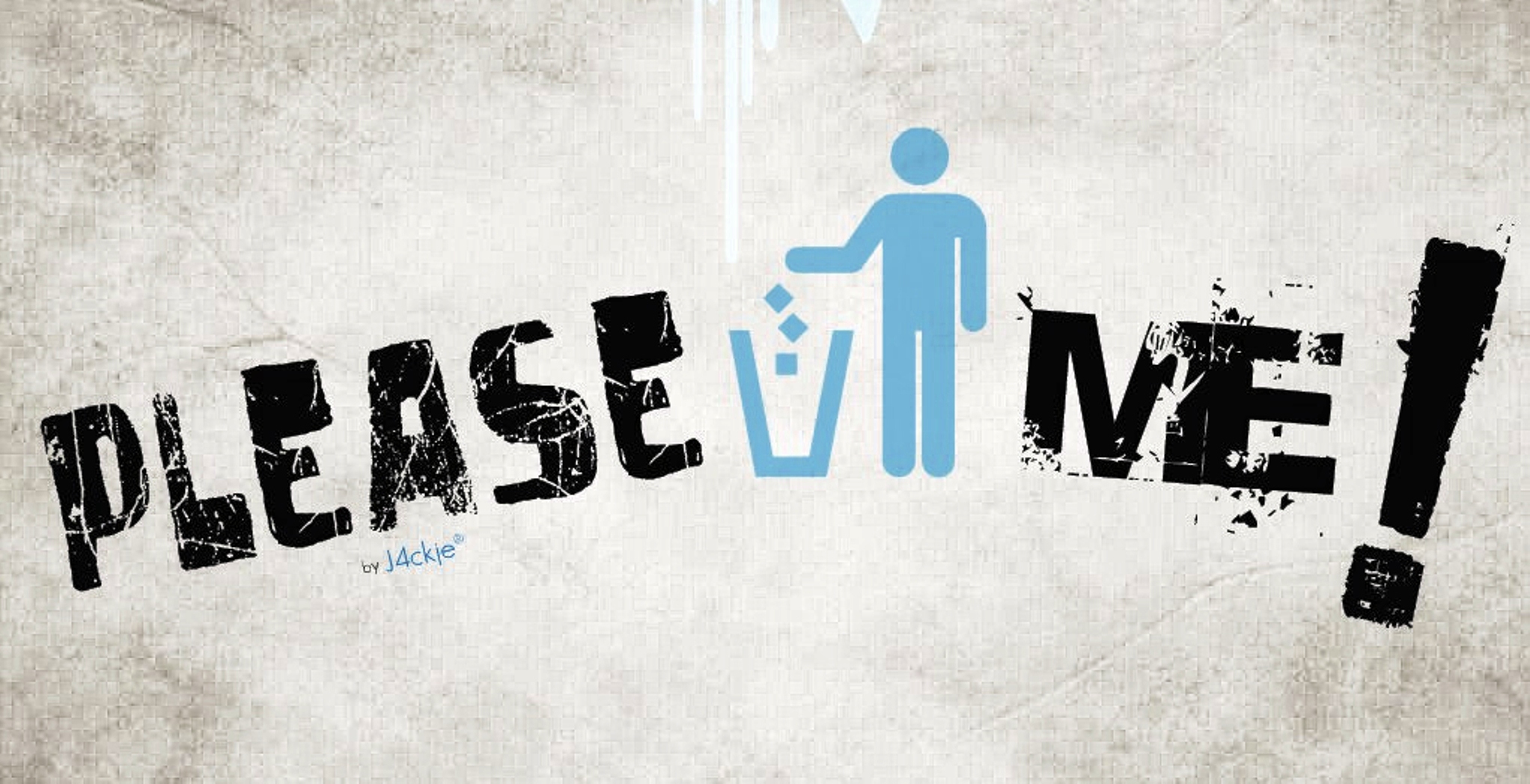On The Internet: The Right to Be Forgotten

NEW DELHI: The increasing proliferation of the internet has made India brace itself for another set of challenges. Per the IAMAI and the Boston Consulting Group, India is set to have over 500 million citizens online by 2018 assuming “[t]he aggressive execution of government intervention on all fronts”. The growth of the number of internet users looks set to continue with access to mobile and broadband networks as well as platforms.
Consequently, there is an increasing importance to the user’s online footprint. The first thing any of us do upon being introduced to, or hearing of, a person previously unknown is to look them up on the internet. Landlords, employers, prospective romantic partners: Google seems to be the first and very discreet line of questioning.
Fundamentally, search engines such as Google’s work on bringing together the most relevant pieces of information on the internet that would answer the search. For example, searching for Vijay Mallya today would present one with multiple results to news articles that talk of his legal troubles. A few hits below the news articles, one would find Mallya’s Twitter account, which, incidentally, is conspicuously free of any references to the aforesaid legal troubles.
The sins of the past, whether real or imagined, do have a tendency to show up on the internet, and also tend to become relevant pieces of information that search engines love to collect and “index”.
This throws up a very real issue of law as yet not legislated by government or adjudicated upon by courts. Can one ask search engines to refrain from disclosing information potentially harmful to the reputation or livelihood?
The landmark judgment of the Court of Justice of the European Union in the Costeja case decidedly ruled in favour of the individual and solidified the concept of the Right to be Forgotten to be as a human right. The Court ruled that since the information regarding Costeja’s past had become irrelevant to the prospects of his present, the information, if sought to be removed by the subject, should be removed. However, as a general principle the Court ruled that if there is a “[p]reponderant interest of the general public” in having data available online, the right of the subject to be ‘forgotten’ would not be absolute.
The great irony of the Costeja case is undoubtedly the fact that Costeja is now known as the man who moved courts against Google to remove links to his past of indebtedness.
In India the concept of the Right to be Forgotten has not rooted itself to the public consciousness as yet. Courts in India are starting to see litigation on this concept being brought to them. However, that looks set to change with more and more people creating an online footprint.
Arguably though, the concept of the Right to be Forgotten has been legislated upon in India. The Right to Information Act, 2005 aims to “[p]rovide for setting out the practical regime of right to information for citizens to secure access to information under the control of public authorities”.
Section 11 of The RTI Act safeguards the right of third parties from having personal information disclosed about. Section 8 of the RTI Act sets out exemptions to RTI requests, including information “[t]he disclosure of which would harm the competitive position of a third party” and “[i]nformation available to a person in his fiduciary relationship”. Section 8 of the RTI Act also exempts the disclosure of information “[w]hich relates to personal information the disclosure of which has no relationship to any public activity or interest, which would cause unwarranted invasion of the privacy of the individual”.
Like the ruling in Costeja, the exemption from disclosure is subject to the larger public interest. The parallels between the Right to be Forgotten and the exemptions under Sections 8 and 11 are clear.
The Supreme Court too has held, in cases such as Thalappalam Service Cooperative Bank Ltd., that the Right to Information has to be balanced with the Right to Privacy of individuals, subject to larger public interest.
The fact is that privately owned search engines have become almost a public service, due to the breadth of their reach and the extent to which they are used. The likes of Google search fulfill a public duty due to their omnipresence in people’s lives. Having said that, would one place their trust in corporations and private entities to weigh the scales of the right to privacy and its concomitant impact on the larger public interest? Ultimately, that is the job of the state.
It would appear from Costeja that search service providers would not have the appetite to go through every single search result to hunt for potentially offensive results. Search engines merely index results as per their relevance: for a search engine to manually sift through millions of results is unrealistic.
A solution to the issue could be the setting up of an independent government authority to which requests for deletion of search results can be made. The authority would, ideally, be composed of experts in the fields of information technology and constitutional law. Appeals from the decision of the authority would be heard by courts. The authority would deal with requests with impartiality and in accordance with principles of law.
India, undoubtedly, will soon see a barrage of litigation by vexed litigants seeking to remove unflattering search results from public domain.
( The writer is an advocate)



